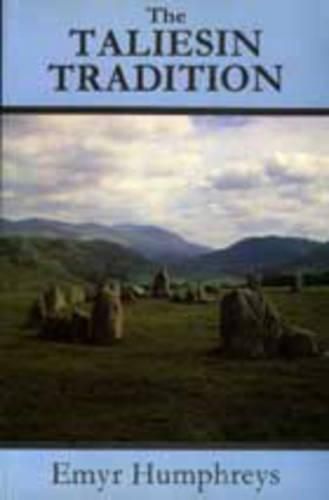Readings Newsletter
Become a Readings Member to make your shopping experience even easier.
Sign in or sign up for free!
You’re not far away from qualifying for FREE standard shipping within Australia
You’ve qualified for FREE standard shipping within Australia
The cart is loading…






New edition of a history of Wales. Includes a Postscript written in the context of the millennium as a fixed point in the development of welsh identity. Emyr Humphreys shows how literature in walcs has reshaped and reasserted Welsh identity in the face of English cultural imperialism. Figures such as Talicsin (a sixth century poet), Myrddin (Merlin), the bards of medieval princes, Dr John Dee, Iolo Morganwg, Mabon, Lloyd George, Saunders Lewis have all redefined the image of Wales in their own historical periods. wales has been, in turn, a bastion of British Christianity, the basis of Tudor imperialism, a haven for Romantics, a leader of Liberalism and Socialism, and the inspiration for twentieth century Welsh nationalism. Tracing the links in this chain Humphreys identifies a situation increasingly common in Europe and elsewhere: the preservation of a national past in the context of an international future. His book reflects the vital relationship between literature and identity, between poetry and politics.
$9.00 standard shipping within Australia
FREE standard shipping within Australia for orders over $100.00
Express & International shipping calculated at checkout
New edition of a history of Wales. Includes a Postscript written in the context of the millennium as a fixed point in the development of welsh identity. Emyr Humphreys shows how literature in walcs has reshaped and reasserted Welsh identity in the face of English cultural imperialism. Figures such as Talicsin (a sixth century poet), Myrddin (Merlin), the bards of medieval princes, Dr John Dee, Iolo Morganwg, Mabon, Lloyd George, Saunders Lewis have all redefined the image of Wales in their own historical periods. wales has been, in turn, a bastion of British Christianity, the basis of Tudor imperialism, a haven for Romantics, a leader of Liberalism and Socialism, and the inspiration for twentieth century Welsh nationalism. Tracing the links in this chain Humphreys identifies a situation increasingly common in Europe and elsewhere: the preservation of a national past in the context of an international future. His book reflects the vital relationship between literature and identity, between poetry and politics.